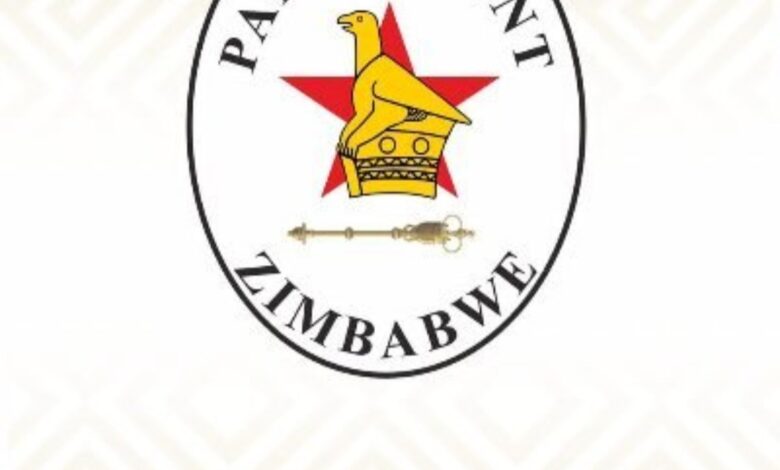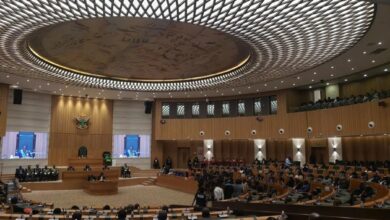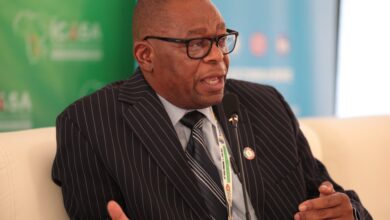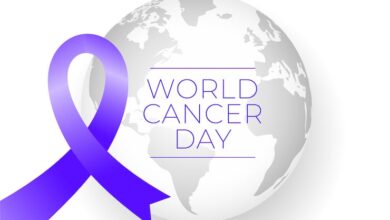MPs Call for ban on harmful skin-lightening products

Peter Moyo
Harare, Zimbabwe – Zimbabwe’s Parliament has raised serious concerns over the increasing use of skin-lightening creams, warning of severe health risks and calling for stricter regulations to curb their importation.
During a parliamentary session on Tuesday, lawmakers highlighted the dangers associated with skin-bleaching products, many of which contain harmful chemicals such as hydroquinone, mercury, and corticosteroids. Hon. Togarepi, who led the discussion, called for urgent government intervention to ban these substances.
“Women are using Ambi lotion and other skin-lightening creams that contain harmful chemicals, causing serious diseases such as cancer. This is a growing crisis that needs immediate attention,” said Hon. Togarepi. He also expressed concern that the trend was now spreading to men.
According to Togarepi, some of these products are smuggled into the country through cross-border traders, making regulation difficult. He urged the Ministry of Foreign Affairs and Home Affairs to take action against the illegal trade.
“We must educate both men and women about the dangers of these chemicals. If we do not act, we risk having a nation where natural skin pigmentation is permanently altered,” he added.
Skin-lightening products, also known as bleaching creams, are widely used across Africa and other parts of the world. However, medical experts warn that prolonged use can lead to severe skin damage, kidney failure, and even skin cancer.
The debate in Parliament also touched on the need for a public awareness campaign to inform citizens about the risks. Some MPs suggested harsher penalties for those found importing and selling illegal skin-lightening products.
Hon. Togarepi emphasized that the issue is not just cosmetic but a public health crisis that needs legal enforcement. “These creams thin the skin, making it prone to infections and delayed healing. This will place a huge burden on our healthcare system,” he warned.
The Ministry of Health has yet to issue an official response, but with rising concerns among lawmakers, a policy review on the regulation of cosmetic products is expected in the coming months.





